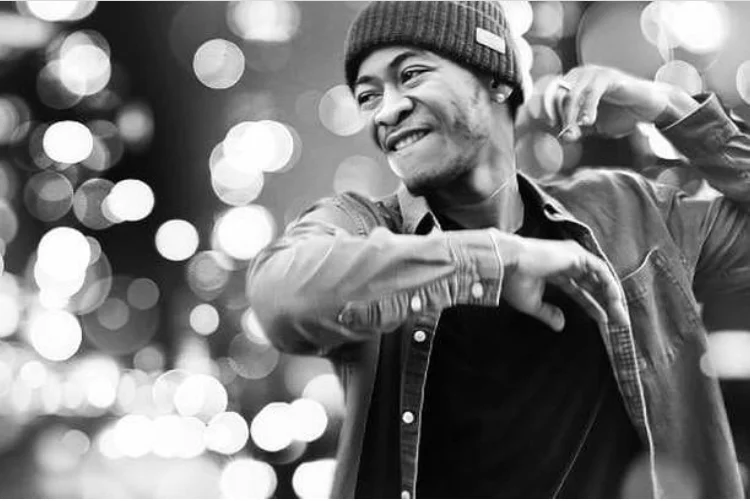The Tenacity of the African American Woman: A Comparison of Toni Morrison’s Sula and Song of Solomon by Jeremiah Moore
Issues of Womanhood
Hillary Clinton is the latest woman to run for the Presidency of the United States of America and win the popular vote. Although she snatches the election by an estimated 3 million votes, the Electoral College plucks her opponent and places him in power instead. That is not the only problem, she has been the First Lady of the United States twice, and a Senator of New York for eight years while her opponent has no political experience at all. Is the country still parked in a certain era? That answer can be as clear as the crystal ceiling Clinton shot so hard to break.
“April Ryan, a respected journalist with unrivaled integrity…was patronized and cut off,
trying to ask a question…Maxine Waters was taunted with a racist joke about her hair.
Now too many women, especially women of color, have had a life time of practice taking
precisely these kinds of indignities in stride. But why should we have to?” (“Hillary
Clinton on April Ryan and Maxine Waters.” 00:00:20-37, 00:00:39-59).
Although women of every race continue to obtain the short end of the stick from the societal relay, women of color, African-American in particular, has yet to gain mutual respect when touching the stick at all. African-American women are showcased less throughout the environment, the derogatory stereotypes aimed at them are monstrously above average, and the equality in the career market is becoming dehydrated.
Every woman of color does not inspire to become a video vixen or an Instagram model. Majority of them are college graduates regretting their graduation day because the accumulation of student loan debt. With the amount of women interested in becoming lawyers, politicians, and/or physicians, the fields should not want for anyone. Sadly, that is not the case. The acceptance of every eligible candidate is not what corporate America believes in. A qualified woman may be passed up for her male counterpart, simply because she is a woman. On the contrary, a qualified African-American woman may get overlooked because she happily checks the box labeling herself as “black and/or not Hispanic” on the application. There are many elements to the answers of the questions that are not yet posed about women equality. “African-American women are lazy,” can not, should not rather, be one of them!
Yvette Bonaparte states in her study’s introduction that in “the US Equal Employment Opportunity office 2010 job patterns…African American women comprised 7.6% of all employees in the pharmaceutical industry…1.5% of senior executives and 3.4% of first/mid-level managers.” The numbers are extremely small, but the study shows that the women participants do not let them act as intimidation. Once a leadership opportunity is open, they apply, accept the offer, and continue to make change and room for the next pharmaceutical professional. They use certain strategies for “communicating and navigating within predominately white environments… to overcome negative stereotypes and barriers” (Bonaparte). Making differences, leveraging information, serving as mentors, establishing and maintaining credibility, asking for support, illustration of integrity at the highest levels, and tackling challenges are the key components of being a leader in the industry. The study includes eight African-American women that perform leadership roles at work. Each of them are masters of every component, and have no plans on decreasing the dedication work. Working in corporate America is tough for everyone, but much harder for women. The woman full of “Black Girl Magic; the beauty, power and resilience of black women” (Wilson) makes it look like a piece of cake. With failure not being an option, these women adapt tunnel vision and achieve every goal set. “Wanna fly, you got to give up the shit that weighs you down!” (Song of Solomon, pp. 179). Though the odds are against her, the African-American woman stands tall and continues to ascend.
About the Author
ChiBoy Jimmy Entertainment
@chiboy_entertainment
@chiboyjimmy
Jeremiah Moore, a Chicago native, is a poet, essayist, and musician. While in college, Moore received his Bachelors in English with a minor in Psychology. During his years in school, he found that he was passionate when it became to the arts, indulging in things from producing and writing music to performing it himself. He hits on topics that moves his audience, and has them thinking hard about the life they live by also giving them the hope that they can make a change. Moore got the inspiration to write this piece when he felt the need to let women know that he “.. feels Black women go through and handle a lot for us all,” and he understands it and wants to find a way to alleviate the burden we sometimes hold. He does this by venturing through novelist Toni Morrison life work and the characters she brought to her pages.
